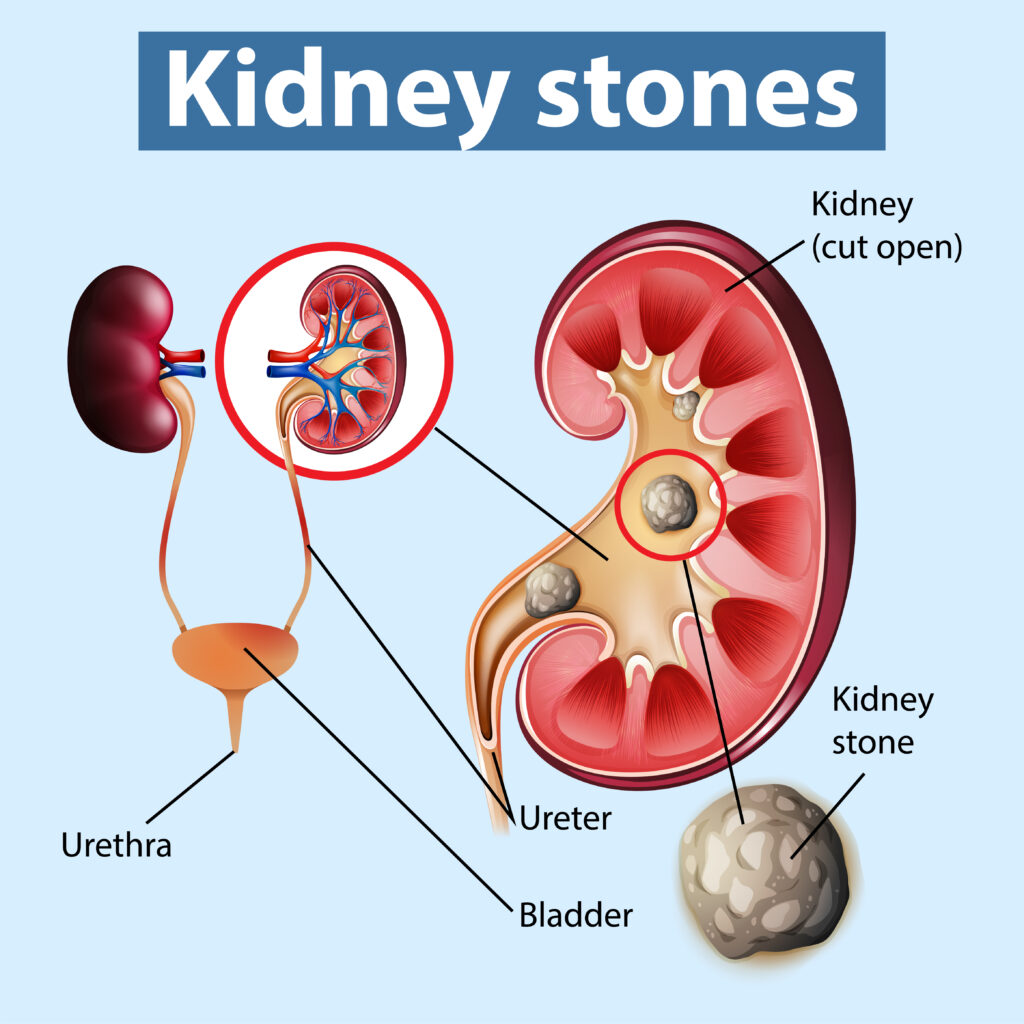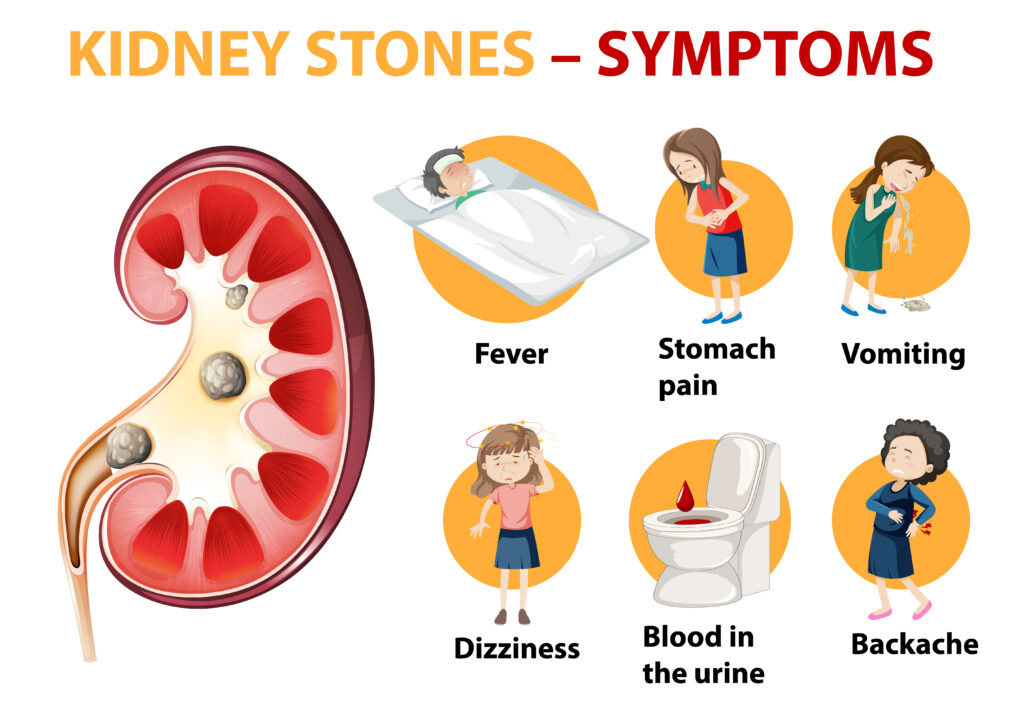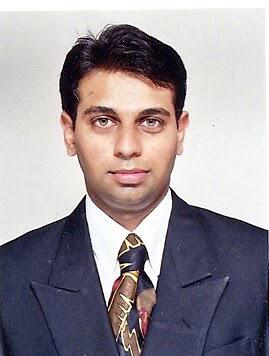Kidney Stone Treatment
Kidney Stone Treatment in Kondhwa, Camp, Hadapsar – Dr. Shams A. Iqbal
Kidney Stone:
Kidney stones are formed when chemical compounds dissolved in urine clump together. These chemicals crystallize into a permanent shape and form stones when their concentration reaches a certain point. Dr. Shams A. Iqbal is one of the well-known urologists who provide Kidney Stone Treatment in Kondhwa, Camp, Hadapsar.
Calcium is combined with either oxalate or phosphate in the most common kind of stone.
Kidney stones come in a variety of sizes, and some are so tiny that they aren’t felt or recognized in the urinary tract. Other than that, they can be as big as a golf ball.
When a stone blocks urine flow, the ureter dilates and strains, producing muscular spasms and tremendous gripping pain (renal colic), which can be felt in the flank, lower abdomen, pelvis, or leg on the afflicted side.

What are the Types of Kidney Stones?
Kidney stones do not have to be made up of the same types of crystals.
Following are the four primary types of kidney stones,
- Calcium: The most common form of kidney stones are calcium stones. Calcium oxalate is the most common component. Calcium phosphate and maleate, on the other hand, are sometimes found. To reduce the risk of these types of stones, it is recommended that you eat foods that are low in oxalate. All forms of chips or fries, spinach, chocolates, and other foods high in oxalate are examples. Oxalate is high in spinach and beets as well. Surprisingly, while some kidney stones are formed of calcium, having enough calcium in one’s diet can help avoid stone development. In fact, reducing salt in your diet can help avoid calcium stones.
- Uric Acid Kidney Stones: Uric Acid kidney stones are more common in men than in women. Gout sufferers and those receiving chemotherapy are also at a higher risk of developing kidney stones. These stones are more likely to develop in those who have extremely acidic urine. As a result, meals high in Purine, which is known to make urine acidic, should be avoided. Purines are a kind of amino acid found mostly in animal proteins.
- Struvite: Struvite is a kind of kidney stone that is more common in women than in men. Women with urinary tract infections, in particular, are at a higher risk of developing such stones. Struvite stones are bigger than other types of stones, and they frequently cause urinary obstruction. Passing urine is unpleasant and difficult for the sufferer. Kidney infections cause these symptoms. Struvite stones can thus be avoided if these diseases are treated properly.
- Cystine: These are the least frequent kidney stones, and they affect both men and women equally. Men and women with Cystinuria, a hereditary disease, are more likely to develop these sorts of stones. Cystine is a kind of acid that is distributed throughout the body and is excreted through the kidneys into the urine.
What are the Causes of Kidney Stones?
A lack of water in the body is the major cause of kidney stones.
In other words, those who drink less water on a regular basis are at a higher risk of developing kidney stones. As a result, it is suggested that you consume at least 2-3 liters of water each day.
Certain illnesses, such as Crohn’s disease, Renal Tubular Acidosis, and Dent’s disease, can cause kidney stones. Kidney stones are a possibility for those who are taking chemotherapy.
- When the body does not obtain enough water to dilute uric acid, the urine becomes acidic.
- Kidney stones occur when urine becomes too acidic.
What are the Signs and Symptoms of Kidney Stones?
Kidney stones usually do not cause any symptoms until they reach the ureter. The following symptoms are commonly noticed once these stones reach the ureter.
- Sharp discomfort in the pelvic area and on the sides
- When passing urine, there are signs of blood (hematuria)
- On a frequent basis, nausea, and vomiting
- Pus was discovered in the urine.
- Urine output is reduced.
- When passing urine, there is a burning and itchy feeling.
- Urination on a regular basis is a common occurrence.
- Fever and chills can develop at any time.

How is Kidney Stone Diagnosis and Testing done?
If your doctor notices symptoms connected to kidney stones, he or she may recommend the following diagnostic tests and procedures:
- Blood testing: These tests reveal if your blood has too much calcium or uric acid. It assists doctors in determining the health of your kidneys.
- Urine Testing: Your doctor may recommend that you undergo two urine collections over two days to determine the quantity of stone-forming minerals in your urine.
- Imaging: Simple abdominal X-rays, CT scans, and ultrasounds may be used to detect the presence of kidney stones in your urinary tract. Intravenous urography is a more sophisticated procedure that involves injecting a dye into an arm vein and taking x-rays or CT pictures while the dye passes through the kidneys and bladder.
- Passing Urine through a Strainer to collect and Analyze Kidney Stones: You will pass urine through a strainer to collect and analyze kidney stones passing through urine in a lab.
Kidney Stones: Retrograde Intrarenal Surgery (RIRS)
Because of the innovation of the flexible ureteroscope, intrarenal lithotripsy is now possible. Ureterorenoscopy using a flexible ureteroscope is used in retrograde intrarenal surgery (RIRS). It may be utilized to get rid of stones from any area of the gastrointestinal system. It’s designed for those for whom ESWL isn’t possible or has failed. The surgeon may see nearly any part of the urinary system with these flexible scopes.
Its benefits include no bodily incisions, a brief hospital stay, and a quick recovery. The treatment is pricey due to the high cost of the equipment, and even doctors require specific training to conduct it. It’s a huge step forward in endourology for treating urinary stones and other kidney issues.
Lithotripsy ureterorenoscopy (URS) using Holmium Kidney Stone Laser Treatment
When a stone becomes lodged in the bladder or the ureter, doctors use a device called a ureteroscope to remove it. There is no need for an incision, thus it is a non-invasive procedure. A rigid ureteroscope with a laser fiber is introduced into the Bladder and Ureter through the Urethra. The Holmium energy is sent through the laser fiber, breaking up the kidney stone, which is then removed through the urethra by the surgeon. Smaller particles are excreted in the urine. Doctors may place a stent between the bladder and the kidney to make it easier to pass kidney stones and promote healing.
Extracorporeal Shock Wave Lithotripsy (ESWL)
Lithotripsy is defined as the extracorporeal shock waves (electromagnetic), which are sound waves, that are primarily utilized to break down stones into tiny pieces, which then flow easily into the bladder. It’s a difficult procedure that frequently necessitates an anesthetic. The individual may have discomfort in the abdomen and back. There’s also the possibility of bleeding around the kidneys.
PCNL (Percutaneous Nephrostolithotomy) is a procedure for removing kidney stones through the skin.
This procedure entails removing a stone through a small incision in the back of the patient.
- When the stone causes a blockage, infection, or damage to the kidney, these procedures are advised.
- When a stone is too large to pass through easily A person is in excruciating pain.
Why Choose Dr. Shams A. Iqbal?
Dr. Shams A. Iqbal is one of the Best Urologists in Pune who provides Kidney Stone Treatment in Kondhwa, Camp, Hadapsar with overall 20 years of experience in this field and practices at Gultekdi Nursing Home.

Dr. Shams Iqbal is a Urologist in Kondhwa, Camp, Hadapsar, and has experience of 20 years in this field. Dr. Shams Iqbal practices at Gultekdi Nursing Home and Lithotripsy Centre in Gultekdi, Pune, and KEM Hospital in Rasta Peth, Pune. He completed MBBS from B J Medical College, Pune in 1996 and DNB – Urology/Genito – Urinary Surgery from the National Board of Education, New Delhi in 2002. He is a member of the Indian Medical Association (IMA) and Maharastra Medical Council.
Dr. Shams Iqbal (Gultekdi Nursing Home And Lithotripsy Center) in Pune offers a host of treatments that cater to the various ailments faced by their male and female patients. A few of the ailments treated here are Urinary Tract Infections (UTI), Incontinence, Male Infertility, Kidney Diseases, Renal Transplantation, Bladder Prolapse, Interstitial Cystitis Or Painful Bladder Syndrome, Kidney and Ureteral Stones, Urethral Stricture, and Paediatric Urological Disorders to name a few.
